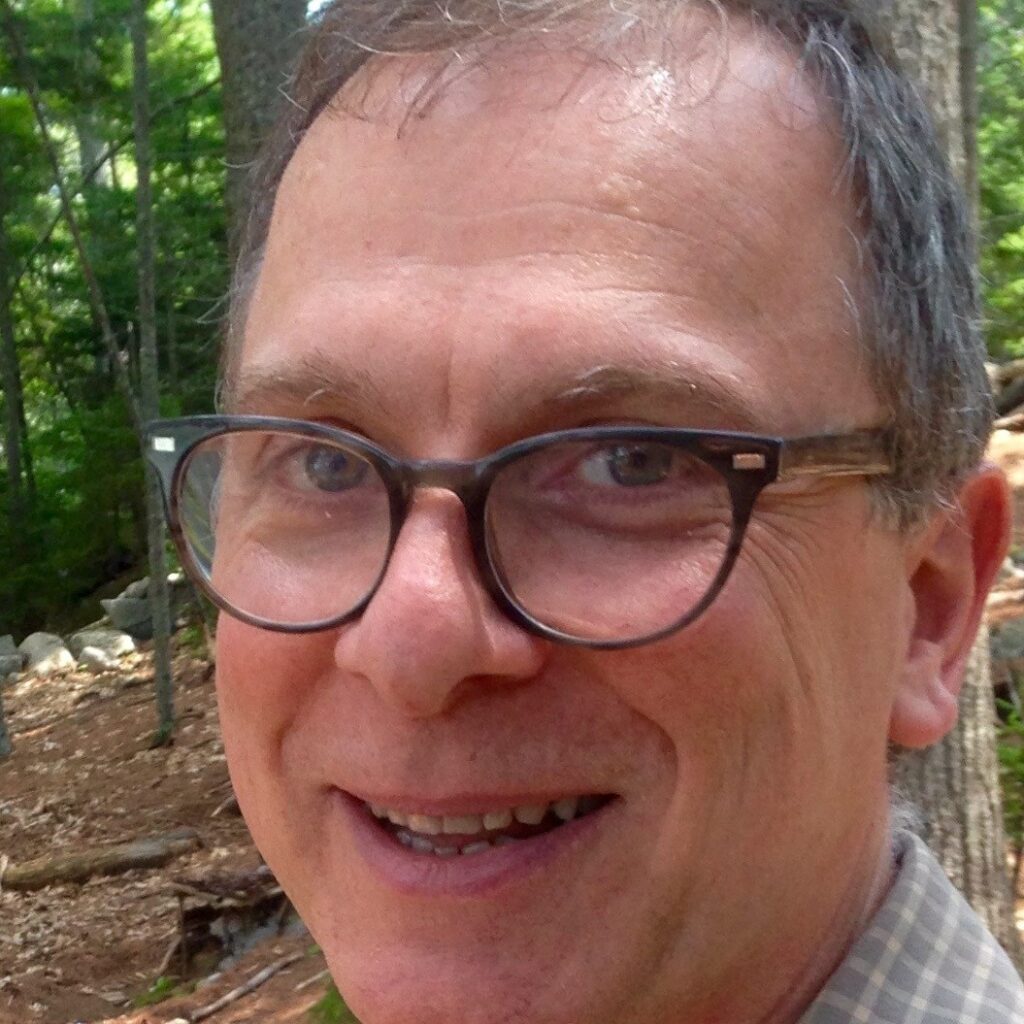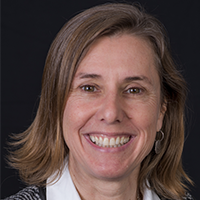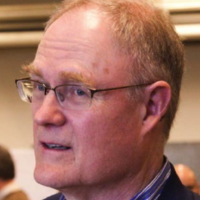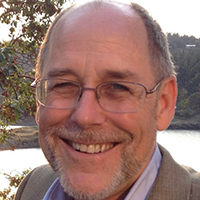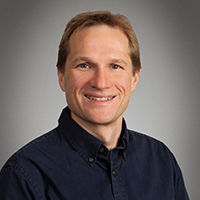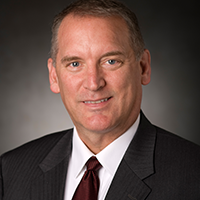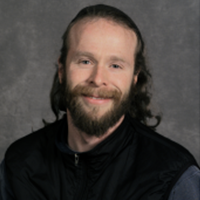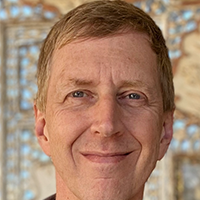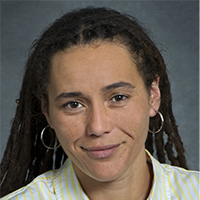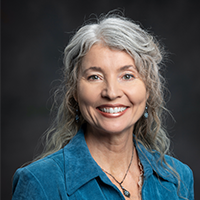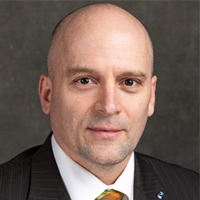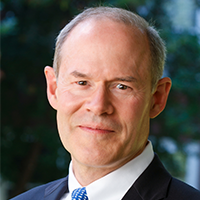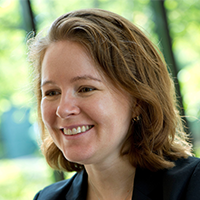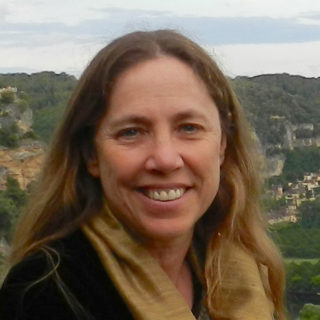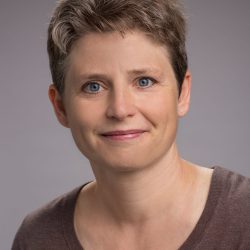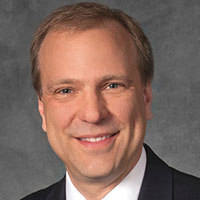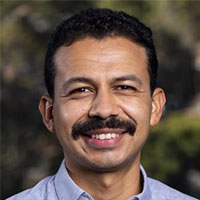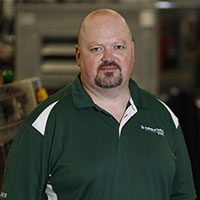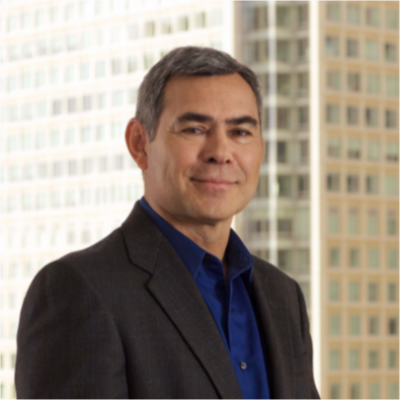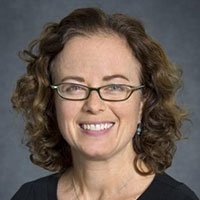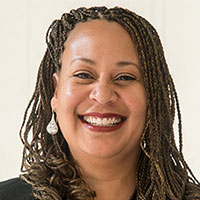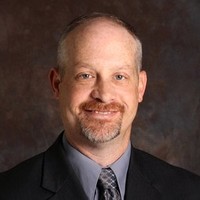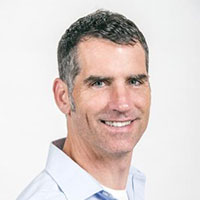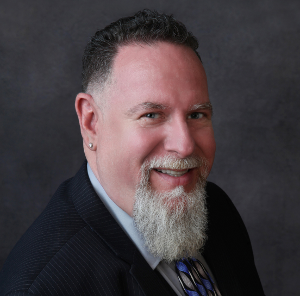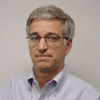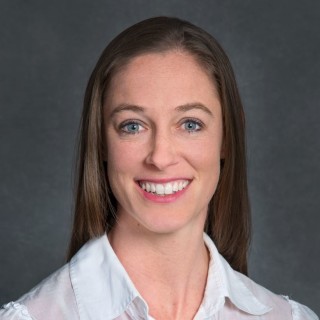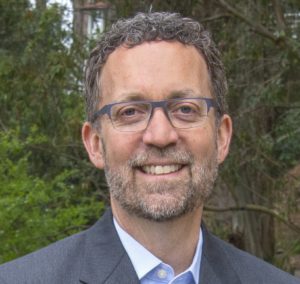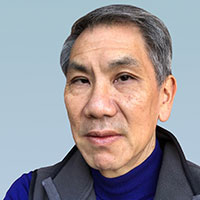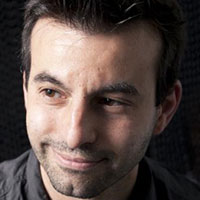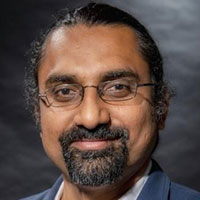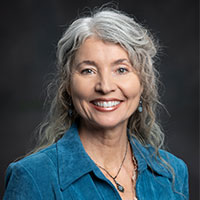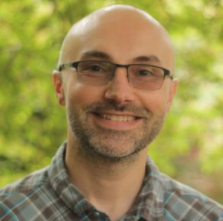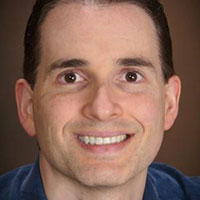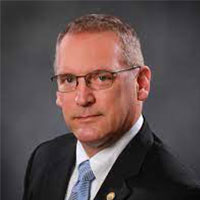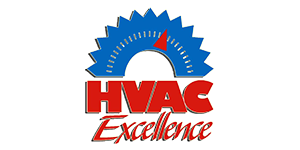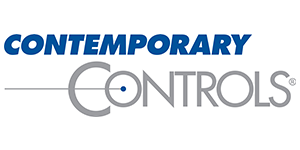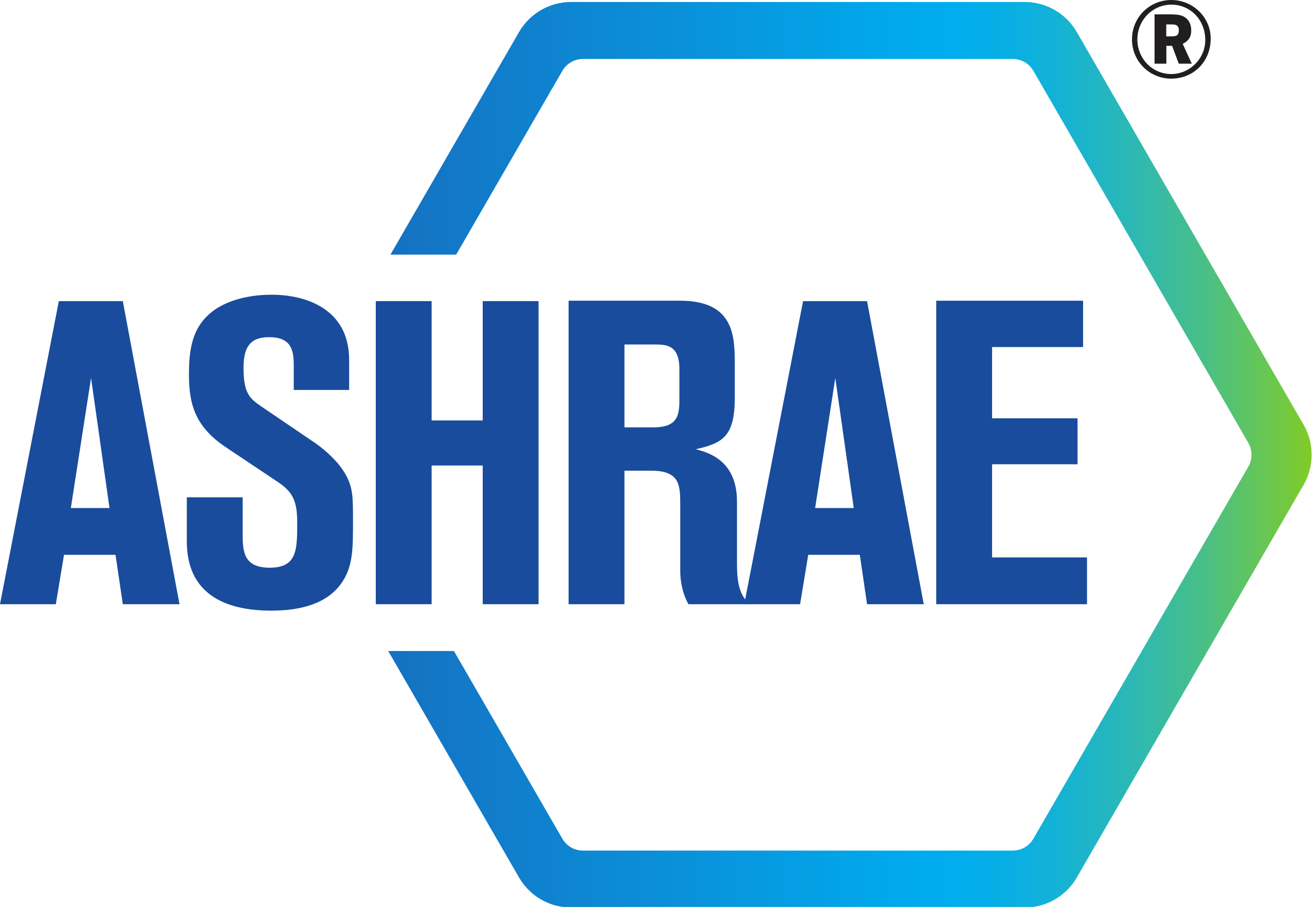
BEST Center & Lawrence Berkeley National Lab invite you to attend the
2023 National Institute, Jan. 4th - 6th. 8:00 AM - 2:00 PM PST (11:00 AM - 5:00 PM EST)
Building Efficiency for a Sustainable Tomorrow (BEST) Center is supported by the National Science Foundation’s Advanced Technological Education program. Since 2012, its mission has been to create high-performance technicians who can help commercial buildings to save energy, maintain comfort, and keep occupants healthy. Among its efforts, BEST assists community and technical colleges with curriculum development in building science, building automation, and energy management.
Lawrence Berkeley National Lab (LBNL) is one of 17 national labs under the direction of the Department of Energy. LBNL's research includes energy science, biological & environmental sciences, computing & mathematics, high-energy physics, accelerator science, and energy technology. Improving energy efficiency in buildings and appliances (e.g. Energy Star program) is among its prime objectives.
Co-hosted by BEST and LBNL, the 2023 National Institute is the premier event for college faculty, students, and technical professionals aspiring to improve their knowledge and application of high-performance building operations. This year's theme is Advancing Building Decarbonization: Policies, Technologies, and Workforce Education. Lively presentations and roundtable discussions will explore the convergence of new federal initiatives, recently adopted state and local building performance policies, field research on emerging technologies, and workforce education requirements in response to building decarbonization and energy efficiency imperatives.
Your Guide to the Virtual Institute
Watch the following video to learn how to find these different spaces inside
the virtual Conference Center:
- Entrance Lobby - Go from here to the other spaces.
- Auditorium - You'll see all the presentation sessions and be able to ask questions.
- Expo Hall - Meet vendors and industry sponsors for assistance with equipment, training, and discounts.
- Networking Lounge - Chat with speakers, sponsors, and attendees to expand your connections in building operations and facilities.
- Small Roundtable Discussions - Join these facilitated video discussions at the end of each day.
Why should you attend?
Come and learn about education and technology at the intersection of sustainability, energy conservation, clean energy, and healthy building operations. A dynamic line-up of speakers and interactive sessions will help you to:
- Learn about cutting-edge technical innovations, research, teaching methods, and resources
- Exchange ideas with speakers and attendees in video breakout rooms or the Networking Lounge
- Meet vendors and industry sponsors in the Expo Hall for assistance with equipment, training, and discounts
- Expand your professional connections and career potential in building operations and facilities.
Who should attend?
- College educators and students in building science, HVAC, energy management, and building automation programs
- Teachers of high school physics, technical, and engineering courses
- Building engineers, technicians, and facilities managers
- Design and construction professionals
- Decision-makers and anyone interested in making their buildings greener and healthier!
Overview of the Institute
The impacts of the climate crisis are everywhere around us with severe droughts, wildfires and floods without precedent, famine, drying rivers, and increasing numbers of climate refugees. However, global emissions of greenhouse gases (GHGs) are still growing. COP 27 has refocused attention on the urgency of international cooperation and stronger effort aimed at GHG reductions in the advanced countries while boosting financial support and adaptation measures for the most vulnerable countries. Moreover, emissions reduction targets agreed upon in the Paris Accords are not being met by many countries, and it appears increasingly unlikely that global temperature increase can be held to 1.5ºC.
To avert the worst effects of global climate change, quick action must be taken to reduce carbon emissions. Because the construction and operation of buildings contribute almost 40% of global atmospheric carbon, reducing emissions attributable to buildings is critically important through improved energy efficiency, onsite generation of renewable energy, and other measures. In the U.S. the federal government and a growing number of state and local agencies are creating policies and setting standards for more energy efficient building operations, stimulating the adoption of new technologies and building control strategies, and promoting the growth of renewable energy. In response to these initiatives and the larger goal of reducing reliance on fossil fuels, numerous technical innovations are visible in the application of Building Automation Systems (BAS) to improve sequences of operations, building de-carbonization strategies including widespread adoption of heat pump technology, on-site renewable energy generation and storage, grid interactive energy management, district-level micro-grid applications and more. As the building sector pursues a more sustainable future, the role, importance, and advanced skill requirements of building technicians will increase proportionately, along with the relevance and scope of advanced technical education.
The BEST Center 3-day National Institute will focus on new policies and standards impacting building design and operations, de-carbonization strategies and technologies, and the instructional methods, content, and lab activities needed to prepare students and technicians for the demands of advanced building operations. We will highlight legislative and international efforts to promote de-carbonization; explore innovations and challenges in energy efficiency, electrification, and Building Automation Systems; and identify strategies and opportunities for educators and industry.
Agenda and Speakers
(All times listed in Pacific time zone)
Agenda
Day 1: Jan. 4th, 2023
Welcome, Introductions, Overview of the Institute

Peter Crabtree
Principal Investigator, BEST Center, California Institute for Energy and Environment (CIEE)-CITRIS, UC Berkeley

Mary Ann Piette
Interim Associate Laboratory Director: Energy Technologies Area, LBNL
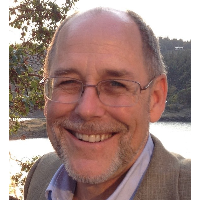
Ted Wilinski
PE, BEST Co-PI & lead instructor Automated Building Systems Milwaukee Area Technical College, Milwaukee, WI

Larry Chang
BEST Center Director, California Institute for Energy and Environment (CIEE)-CITRIS, UC Berkeley
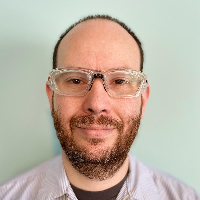
Robert Nirenberg
BEST Co-PI, Heating, Ventilation & Air Conditioning (HVACR) Metropolitan Community College, Omaha, NE
Positive Tipping Points To Avoid Climate Tipping Points
Tipping points in climate science normally refer to small changes in the Earth system that unleash much broader, typically damaging impacts that accelerate climate change. Well-known examples are rising sea levels due to the disintegration of the Greenland and West Antarctica ice sheets, or the release of methane from the thawing permafrost. They help to underline the urgency of climate action. Today most people understand we must reduce emissions – and very quickly.
In this webinar, Tim will summarise recent evidence regarding climate tipping points, which supports declarations that we are in a ‘climate emergency’. Then he will identify positive social tipping points that will need to be triggered to have any hope of limiting global warming to well below 2C.
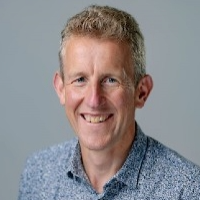
Tim Lenton
Professor of Climate Change, Director of the Global Systems Institute University of Exeter
Preparing Tomorrow's Workforce for Low Carbon Buildings
Technological innovation and transition to a low-carbon economy have elevated the need for upskilling and reskilling the American workforce. What new skills are needed to design, build, operate, and maintain low-carbon buildings? What opportunities will the federal government’s historic investments in climate solutions bring to the community college teachers, students, and their partners? In this talk, we will connect the dots to build a sustainable workforce for a sustainable future.

Nora Esram
ACEEE, Senior Director of Research
Building Performance Standards and Their Impact to Projects in Design
Emerging as a key tool for cities and states to meet their climate goals, building performance standards are shaking up the building industry. Learn about how building performance standards work to lower building carbon emissions and how they are impacting building design and the energy modeling process, moving teams beyond code-based thinking.
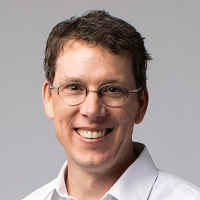
Peter Alspach
NBBJ, Principal, Director of Design Performance
Greening the Grid: Local Action and Utility Advocacy
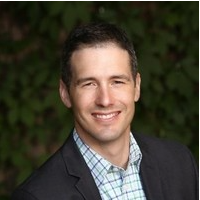
Erick Shambarger
Director of Environmental Sustainability at City of Milwaukee
Taking the High Road to Building Efficiency
Training alone cannot solve the nation’s clean energy workforce challenges. This talk will address labor market demand-side strategies to ensure quality, accessible job creation that effectively pull workers into good employment opportunities in the building sector and that complement supply-side education and training strategies.
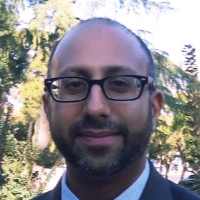
Shrayas Jatkar
Management and Programs Analyst, DOE
Implementing a block-level Microgrid: The Intersection of Utility Policy, People, Technology and Economics
The EcoBlock research project is exploring strategies for resilience and the rapid, equitable, and affordable reduction of greenhouse gas emissions through urban block-scale retrofitting. We are developing a prototype EcoBlock in order to demonstrate the social, legal, financial and technical feasibility of renovating a residential block with efficiency, electrification, and shared ownership of a community solar microgrid. The presentation will cover the process of working with PG&E to design the microgrid, helping the block residents form a governance structure to co-own the systems, prioritizing efficient retrofits, and figuring out how to pay for it all.
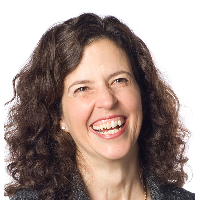
Therese Peffer
Associate Director, California Institute for Energy & Environment (CIEE)-CITRIS, UC Berkeley
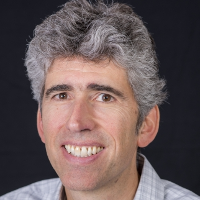
Rich Brown
Research Scientist, Building Technologies and Urban Systems, Lawrence Berkeley National Laboratory
Roundtable Discussions
Preparing the Workforce for Building Decarbonization: Curriculum Implications
Essential Curriculum Guidance for Design of BAS Programs
Opportunities for Engagement with DOE’s Efficient and Healthy Schools Campaign
Day 2: Jan. 5th, 2023
Preview of Day 2

Mary Ann Piette
Interim Associate Laboratory Director: Energy Technologies Area, LBNL

Peter Crabtree
Principal Investigator, BEST Center, California Institute for Energy and Environment (CIEE)-CITRIS, UC Berkeley
Decarbonizing the Buildings Sector and Integrating with a Clean Grid
This talk will provide an overview of key strategies to decarbonize the buildings sector. Buildings account for nearly 40% of the greenhouse gas emissions of demand side systems in the US. Key strategies include improving energy efficiency, electrifying loads that currently use fossil fuels, integrating with our changing grid and renewable energy, and integrating with distributed energy resources (DERS). Key DERS of interest include electric vehicles, energy storage and photovoltaics. This talk will also discuss the California Load Flexibility Research and Deployment Hub and its work to enable buildings to use dynamic electricity prices to integrate with grid scale renewable energy.

Mary Ann Piette
Interim Associate Laboratory Director: Energy Technologies Area
Building Performance Standards for Decarbonization
A key component of accelerating decarbonization of the built environment is municipal & state policy making requiring consistent ongoing performance / carbon reduction in buildings. Careful crafting of these requirements, called Building Performance Standards (BPS), is critical to their long-term success. This presentation will dive into the structures and frameworks that exist for this type of policy making, compliance pathways, and some examples from cities across the US.
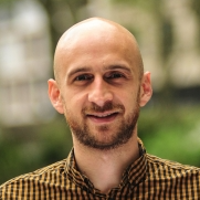
Joshua Kace
Program Manager, LBNL
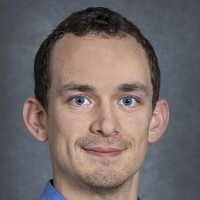
Travis Walter
Senior Scientific Engineering Associate, LBNL
Gas Bans and Zero-Emission Appliance Standards: Emerging Policy Trends
A growing number of jurisdictions are targeting electrification of new construction by banning fossil fuel systems or adding electrification requirements to codes. California and New York are also moving toward zero-emission appliance standards that would phase fossil fuel equipment out of existing buildings when systems are replaced. This presentation will unpack these leading-edge building decarbonization policies.
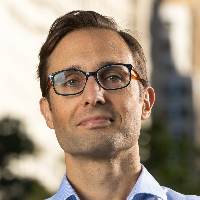
Chris Halfnight
Senior Director, Research and Policy, Urban Green Council
From Energy Audits to Decarbonization Audits: The Next Frontier for Building Efficiency
With many organizations making ambitious public commitments to reducing their operational greenhouse gas emissions, there has been a shift in the building industry from a focus on energy efficiency to decarbonization. This presentation will share an Emissions Reduction Audit Checklist developed by the Department of Energy and Lawrence Berkeley National Lab that aims to clarify the difference between a traditional energy audit and a decarbonization audit.
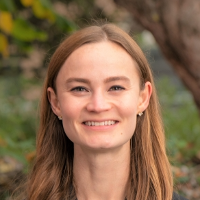
Nora Hart
Senior Scientific Engineer, LBNL
Dynamic Control of Building Load for Emissions Reductions
Henry will speak about how the electric grid works, how load flexibility in buildings can play a role in decarbonization, and different strategies building operators are using to enable load flexibility. Attendees will receive an introduction to emerging strategies for emissions reductions in buildings through dynamic load control.
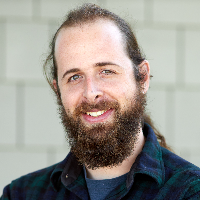
Henry Richardson
Environmental Impact Analyst, WattTime
Avoiding Electric Panel and service Upgrades in Home Decarbonization
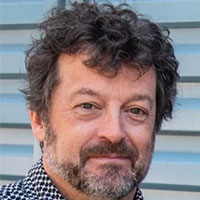
Iain Walker
Staff Scientist/Engineer & Deputy of Whole Building Systems Department LBNL
Industrializing Construction to Increase the Speed and Scale of Building Decarbonization
Decarbonizing the U.S. building sector requires a rapid and sustained increase in the rates of energy efficient and low-carbon building retrofits and new construction. Given the speed and scale of action needed to decarbonize the built environment, new approaches are required to overcome traditional market and technical barriers. The U.S. Department of Energy & Advanced Building Construction (ABC) Initiative aims to transform building construction and renovation practices in the U.S. using industrialized construction approaches to improve the speed, scale, and affordability of high-performance building retrofits and new construction. This presentation provides an overview of the ABC Initiative, including its key goals and accomplishments to date in the areas of building retrofit RD&D, industry-facing performance and cost guidance, and technology commercialization and scaling.

Aven Satre Meloy
Computational Research Scientist, LBNL
Smart Panels and DC Power for Low-Power Electrification
Mass electrification will be necessary to meet California's carbon emissions goals in the residential and commercial sectors. This will involve replacing typically-gas end-uses in heating, cooking, and transportation, with their electric equivalents: heat pumps, induction stoves, and electric vehicles. However, existing electrical infrastructure will struggle to handle the influx of electric loads. Costly electrical service upgrades are an especially pernicious barrier in impoverished communities. Groups dedicated to affordable electrification have identified many solutions, two of which will be covered in the presentation: smart panels and DC power. Smart panels can toggle various circuits and ensure that a building does not exceed its service feeder's power capacity. DC microgrids similarly have a gateway inverter that can precisely regulate power flow between a building and the grid. These two solutions offer promising pathways to avoiding the costs of service upgrades and interconnection agreements.

Daniel Gerber
Electronic Research Scientist, LBNL
Flexible and Retrofit-Ready Electric Water Heating - Residential Buildings
Due to 1) the potential for 75% CO2 reductions from fuel switching, and 2) the ability to shift electric load to ideal times of day, the humble water heater is becoming a powerful tool for decarbonizing our homes. New market-available heat pump water heaters are designed specifically to decarbonize existing gas water heaters, and advances in load-shifting controls enable increased use of solar power. In this talk we'll discuss the research and market advances that allow water heaters to drive our sustainable future.

Peter Grant
Senior Scientific Engineering Associate, LBNL
Roundtable Discussions
Community College and Visiting Faculty Internships at LBNL
High School Outreach Strategy: BAS Lab-in-a-Box for College Credit
Contemporary Controls Products for Lab Integration
HVAC Excellence Annual Conference and Resources for Educators
Day 3: Jan 6th, 2023
Preview of Day 3

Mary Ann Piette
Interim Associate Laboratory Director: Energy Technologies Area, LBNL

Peter Crabtree
Principal Investigator, BEST Center, California Institute for Energy and Environment (CIEE)-CITRIS, UC Berkeley
Industry Trends in the Buildings Sector and Implications for Workforce Education
This panel discussion will provide a timely overview of industry and workforce trends in the closely linked sectors of building operations and Building Automation Systems. Each presenter represents a unique industry perspective on current conditions of the industry, training gaps, and future projections. Both in-house and outsourced O&M labor market conditions and skill requirements will be discussed. Technical advances and labor shortages in the BAS sector will also be highlighted.
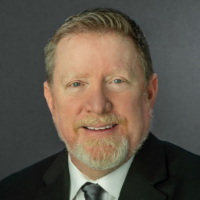
Dennis Dawe
Global Account Operations Director at CBRE
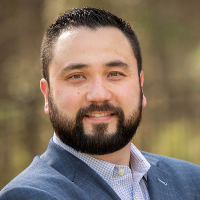
Jerry Neely
General Manager, Carolinas – Digital Buildings Business at Schneider Electric

Rodney Schauf
Retired Sr. Engineer, Sheraton Grand Seattle
Heat Pump Mini Splits: Scaling Up Installs
In this presentation we will discuss one approach to support a fast roll-out of heat pumps to decarbonize homes. Can we build up a workforce that consists of folks that are highly trained in one area (heat pump mini split installs for example) instead of being extensively trained to do everything from repairing oil-fired boilers to installing 50+ ton commercial AC equipment? The inspiration for this talk is a Berkeley Lab researcher who recently self-installed a heat pump mini split at his home.
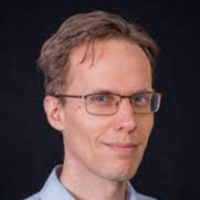
Christian Kohler
Program Director, Buildings R&D, Emerging Technologies, DOE
Self-correcting and Optimized Building Controls
The US Department of Energy and Berkeley Lab have partnered with the smart buildings industry to deliver the first-ever technologies to automatically find and fix HVAC controls problems. This talk will describe the technology, early results from the field, and future expansions into demand flexibility and automated functional testing.
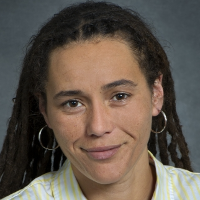
Jessica Granderson
Interim Division Director, BTUS
How Do Space Heating Hot Water Systems Operate in Practice? Insights from 300 Commercial Buildings
Learn about recent research on space heating hot water systems in commercial buildings as part of a California Energy Commission funded project. This talk will share findings from analyzing building automation system trend data from hundreds of buildings showing how these systems actually operate vs what is typically assumed. It will also show results from measuring distribution losses in a smaller subset of buildings. Last, the presentation will close with measures for building operators and design professionals to achieve carbon emissions and cost savings in these systems.
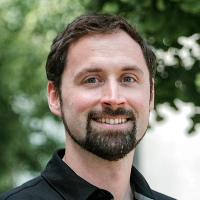
Paul Raftery
Researcher, Center for the Built Environment
HP-Flex Project: Open Source Building Energy Management System
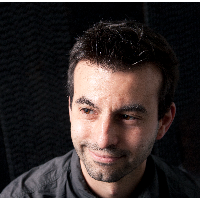
Marco Pritoni
Research Scientist, LBNL
HPBOP Overview and Update on Certification
The successful operation of high performance commercial buildings must reckon with advanced digital and data management technologies, improved energy efficiency requirements, and post-COVID demand for occupant comfort and safety. The High Performance Building Operations Professional (HPBOP) Certification:
- Addresses the advanced knowledge and skills required to operate this new generation of commercial buildings.
- Requires a core knowledge of building mechanical and electrical systems and incorporates higher level knowledge and skills in the application of energy conservation strategies, effective use of building automation systems, and application of continuous quality improvement practices.
- Developed in accordance with the International Standards Organization (ISO) 17024 standards.
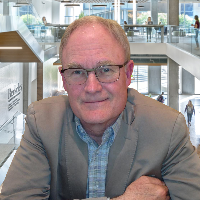
Peter Crabtree
Principal Investigator, BEST Center, California Institute for Energy and Environment (CIEE)-CITRIS, UC Berkeley
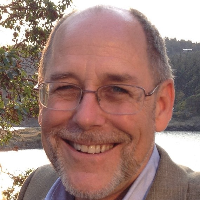
Ted Wilinski
PE, BEST Co-PI & lead instructor Automated Building Systems Milwaukee Area Technical College, Milwaukee, WI
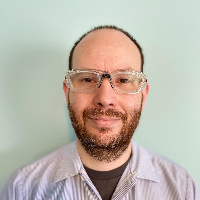
Robert Nirenberg
BEST Co-PI Heating, Heating, Ventilation & Air Conditioning (HVACR) Metropolitan Community College, Omaha, NE
Using BAS/Data to Troubleshoot Climate Control Systems
Nearly every day we turnover new buildings or remodeled sections of existing buildings to the teams that are designated to operate them; as part of this process they receive a brief training on how the individual system components are supposed to function and how to maintain them, occasionally the overall system sequence may also be discussed. However, in doing this we assume that the operators have either had training in or built up experience in how to handle the day-to-day operations and troubleshooting of these systems; in many cases this assumption is false. This session will demonstrate how some of the features present in all modern Building Automation Systems can be used as one of the most powerful troubleshooting tools available to our building operators.

Robert Nirenberg
BEST Co-PI Heating, Ventilation & Air Conditioning (HVACR) Metropolitan Community College, Omaha, NE
Commercial Heat Pump Water Heating Systems – The Water Heating Solution in Building Electrification
With the growing movement in fuel switching and the electrification of U.S. building stock, new solutions are needed to increase load flexibility with the electrical grid and the ability to shift demand to off peak times of use. As new commercial buildings and retrofits decarbonize, water heating is often left out of the equation. Yet electric resistance and time of need water heating can place an immense burden on electrical grids during peak times and drastically increase operation costs for building owners.
Heat pump technology, with its significant potential energy savings, has been around for decades but is still not well understood and often not installed properly. Now we are applying heat pump technology
in heating water for residential, commercial, and multifamily settings allowing for hot water storage and load shifting to off peak times of use.
This session will cover the what, why, and how of applying heap pump technology to water heating in commercial settings. What have we learned? What needs to happen next?
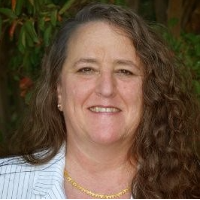
Thomasena Philen
Senior Manager of Training & Content, D+R International
Inverter-Controlled Heat Pump Systems: Operation, Challenges and Classroom Demos
Advances in inverter technology has had one of the most profound effects on the HVACR industry, over the past two decades. Heat pump system development has benefited a great deal from these advances. In this brief session, we will discuss how to quickly and effectively teach the basics of inverter technology to your students, while addressing some of the challenges faced when installing and servicing these systems. As part of this session, you will hear about some effective hands-on exercises that you can have your students complete to help them further their understanding of inverter-driven fans, blowers and compressors and their contribution to more efficient system operation
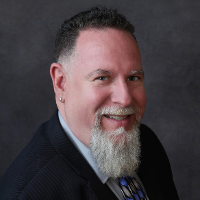
Eugene Silberstein
Director of Technical Education and Standards, HVAC Excellence/ESCO Group
